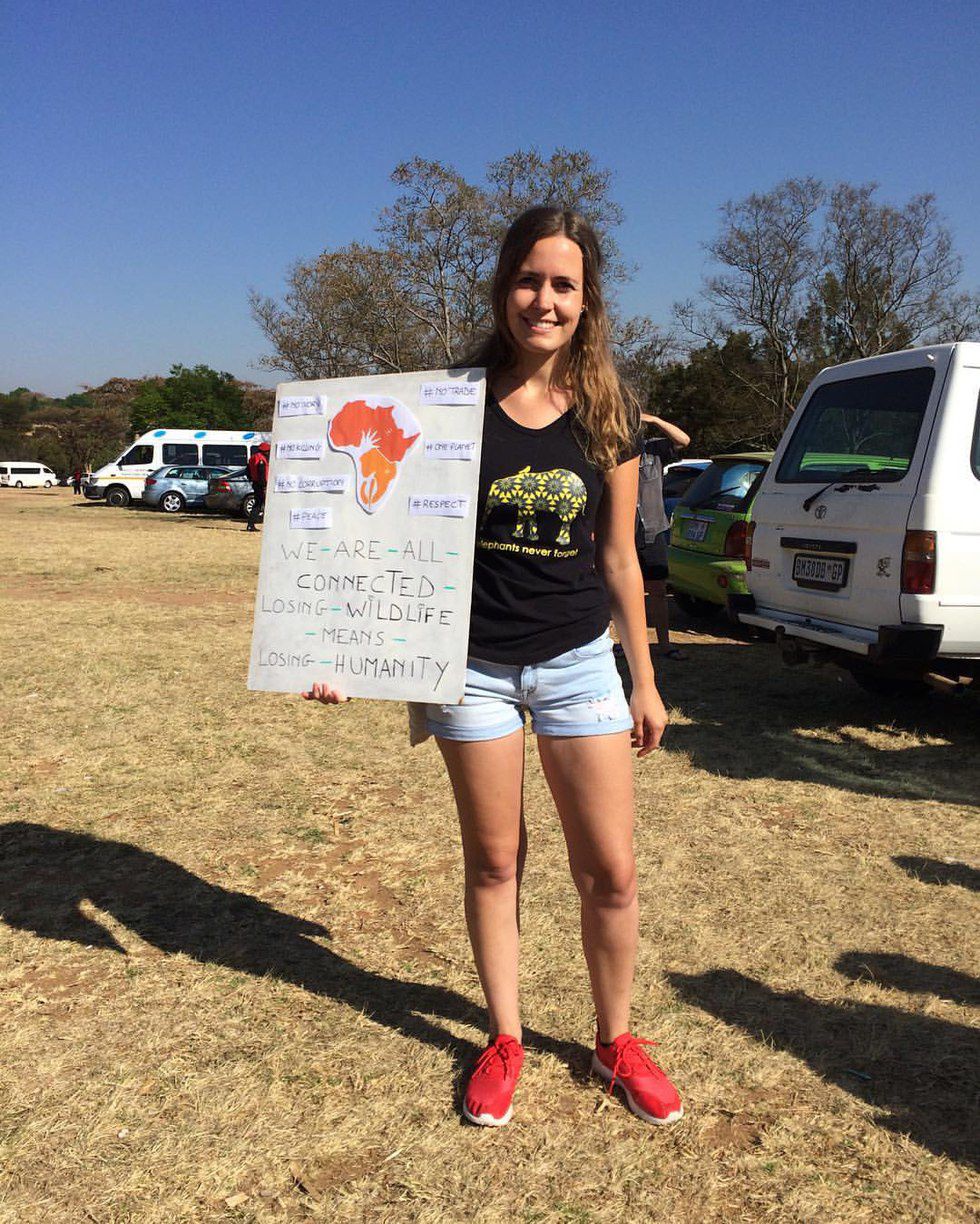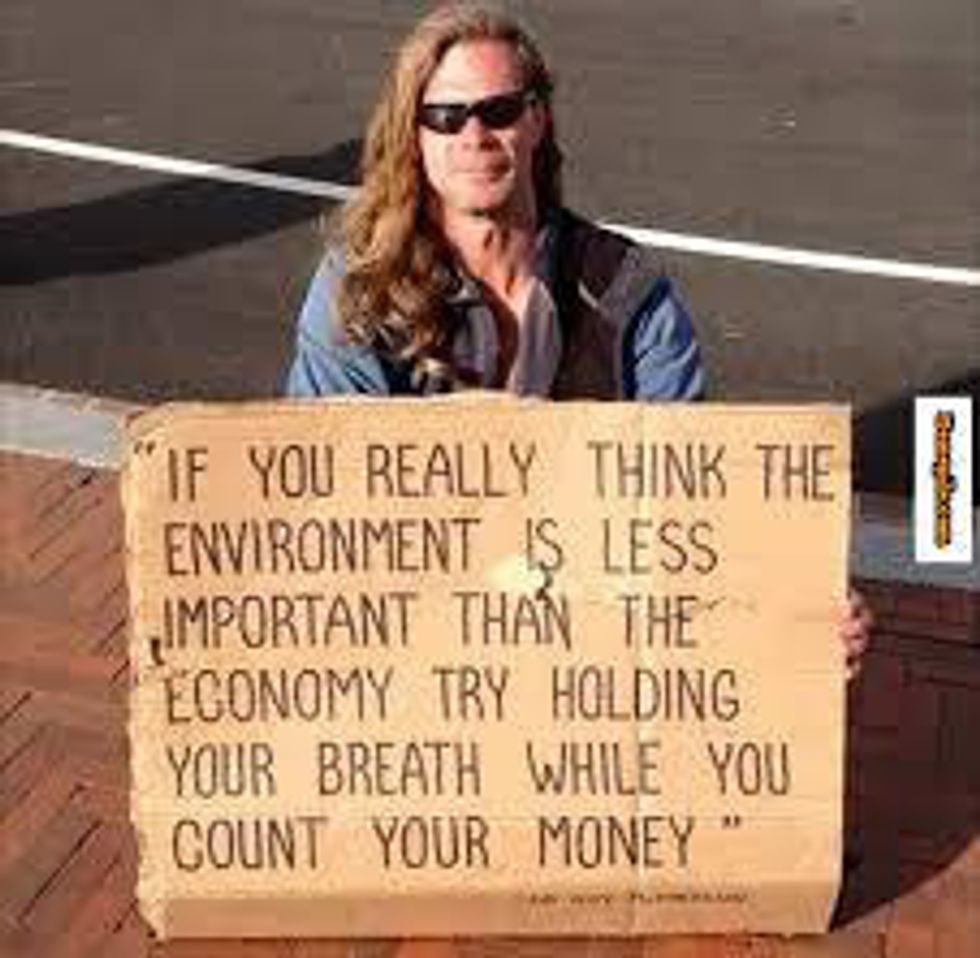Mufasa: “Everything you see exists together in a delicate balance. As a king, you need to understand that balance and respect all the creatures, from the crawling ant to the leaping antilope.”
Simba: “But, dad, don’t we eat the antelope?”
Mufase: “ Yes, Simba, but let me explain. When we die, our bodies become the grass and the antelope eat the grass. And so we are all connected in the great Circle of Life.”
"The Circle of Life" must be one of my favourite songs ever. I remember singing this song to my friends in the back of the bakkie (truck) driving through the beautiful landscape of Namibia. It’s a song that humbles the listener and it’s a reminder that we will not be here forever. It does give you comfort knowing that we’re a part of something that will never die.
As we know, life is represented as a circle in which people are constantly born and constantly dying. Since it’s a constant loop, it’s comforting to have the idea that the end of one existence does not mean the end of life altogether. I think that most people forget that we live in this circle of life. We should remember the wise words of Mufasa and remember this balance is very delicate. We’re seeing the consequences of not respecting this circle. Climate change and endangered species are a perfect example of us not respecting nature. Like the song says “you should never take more than you give.”
We can also compare this to the web of life that we are part of. Even if you can’t see it or feel it, we are all connected and I don’t just mean humanity. I mean all of creation. Everything and everyone has a role to play, whether or not we like it or understand it. When you look at sea plankton, for example, we only discovered recently that it is also important to humans. It is a primary source of the air that we breathe. Marine plants produce about 70 percent of the oxygen in the atmosphere. Due to global warming, we have lost about 40 percent of the plankton since 1950. Click here to read more about the role of plankton.
So the actions and reaction that take place within our ecosystem can be compared to a spider web. The web starts to unravel once a strand is broken. So if one part of the ecosystem is affected, the whole web is affected. Although we’ve learnt, discovered and invented so much, most people still haven’t understood the importance and value of the species we have on this earth. People has seen to have lost their connection to nature. It’s when we distance ourselves from nature that’s when the exploitation starts.
Man did not weave the web of life; we’re merely a strand in it. Whatever we do to the web, we also do to ourselves
~ Adapted from Chief Seattle
Remember that it’s the biodiversity of this earth that supports us, not economy, politicians, money or business. That’s why it must be a priority to everyone to take responsibility. We must stop destroying our planet and its biodiversity.
Don’t know how to start? Start with one thing that’s important to you. Is that the battle against plastic? helping animals? Saving water? Find your passion and spread the word. You can make a difference as an individual. Let no one tell you you can’t. You will inspire others to do the same and they will inspire others,… You can compare it with the following: Image you’re on a beach and each time you go there you take a grain of sand. After a while you’ve created your own beach. So no matter how little your actions may seem (like the grain of sand), after a while you’ve created your own beach!








 StableDiffusion
StableDiffusion StableDiffusion
StableDiffusion StableDiffusion
StableDiffusion Photo by
Photo by  Photo by
Photo by  Photo by
Photo by 
 Photo by
Photo by  Photo by
Photo by  Photo by
Photo by  Photo by
Photo by  Photo by
Photo by 









